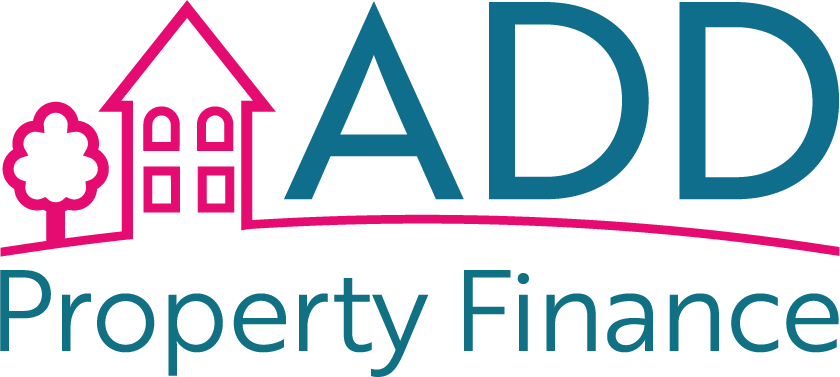If you’re self-employed and dreaming of homeownership, you’re not alone. However, navigating the lending landscape as a self-employed individual comes with unique challenges. In this comprehensive guide, we’ll explore the hurdles self-employed individuals often face when seeking mortgages, shed light on the essential documentation required, and offer valuable tips to enhance your mortgage eligibility.
1. Challenges Faced by Self-Employed Individuals:
- Income Verification: Unlike salaried individuals, self-employed individuals may experience challenges when verifying their income. Fluctuating incomes, irregular payment schedules, and a mix of income sources can complicate the process.
- Credit History Concerns: Some self-employed individuals may face hurdles in building a strong credit history. Lenders often rely on credit scores to assess risk, and a less-than-perfect credit history can impact mortgage eligibility.
- Perceived Risk: Self-employment is sometimes perceived as a riskier income source by lenders. Demonstrating stability and reliability becomes crucial to overcoming this perception.
2. Documentation Essentials for Self-Employed Mortgage Applicants:
- Tax Returns and SA302s: Providing copies of your tax returns and SA302s (official tax calculations from HMRC) for the past two to three years is a standard requirement. This helps lenders assess your average income and financial stability.
- Business Accounts: Submitting business accounts, preferably prepared by a certified accountant, offers a detailed insight into your business’s financial health. Lenders may scrutinise profit and loss statements, balance sheets, and cash flow statements.
- Proof of Ongoing Work: Demonstrating a steady stream of work is essential. Contracts, invoices, and evidence of upcoming projects can help prove the sustainability of your income.
- Personal Credit Report: Regularly check and address any issues with your personal credit report. A clean credit history strengthens your mortgage application.
3. Tips to Improve Mortgage Eligibility:
- Stabilise Your Income: Lenders appreciate consistency. If possible, try to stabilise your income by securing long-term contracts or clients. This can provide reassurance about the reliability of your income.
- Build a Strong Credit History: Actively work on improving your credit score. Timely payments on existing debts, reducing outstanding balances, and avoiding unnecessary credit inquiries can positively impact your credit history.
- Save for a Larger Deposit: A larger deposit can strengthen your position. It not only reduces the loan-to-value ratio but also signals financial responsibility to lenders.
- Seek Professional Advice: Enlist the services of a qualified mortgage adviser experienced in working with self-employed individuals. Their expertise can help you navigate the complex landscape, find suitable lenders, and optimise your mortgage application.
4. The Importance of Professional Guidance:
Navigating the mortgage landscape as a self-employed individual can be intricate, but with professional guidance, the journey becomes smoother. A knowledgeable mortgage adviser, like ADD Property Finance, can provide personalised advice, help identify lenders who understand self-employment, and guide you through the application process.
In conclusion, securing a mortgage as a self-employed individual is absolutely achievable with the right approach. By understanding the challenges, gathering the necessary documentation, implementing tips to improve eligibility and seeking professional guidance, you can confidently embark on the path to homeownership. Your dream home awaits – let’s make it a reality! Get in touch.







